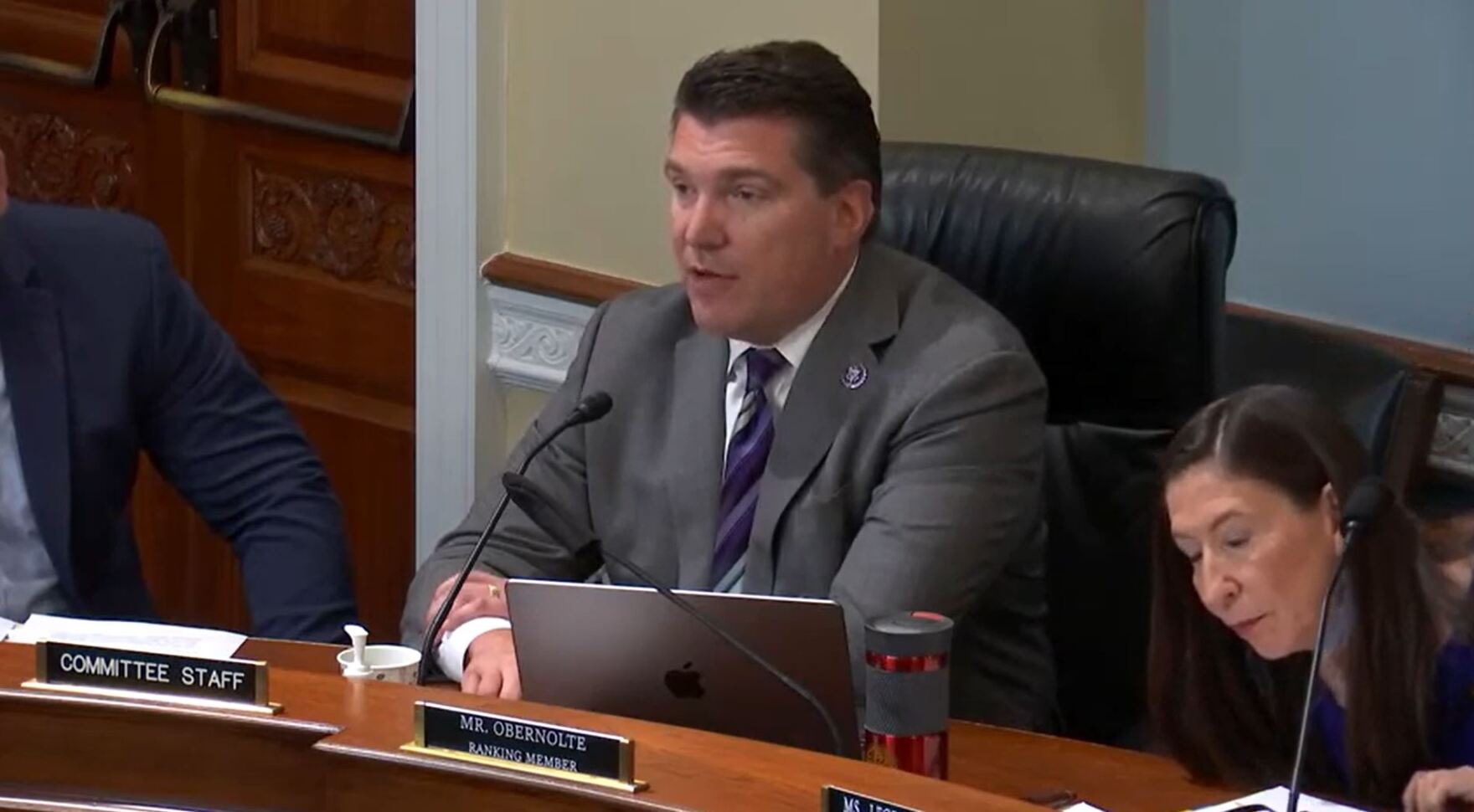
- Details
- By Tripp J Crouse - KNBA
Some Alaska Native Elders must make the tough choice of whether to give their Native corporation shares away to be eligible for federal programs like SNAP. A piece of federal legislation would exclude settlement trust benefits from counting against their eligibility for some federal programs.
Before the late Alaska U.S. Congressman Don Young (at-large) died, he introduced House Resolution 437.
The legislation would amend the Alaska Native Claims Settlement Act to exclude certain payments to Alaska Native Elders when determining eligibility for need-based federal programs, such as the Supplemental Nutrition Assistance Program.
This story was originally published by KNBA. Republished by Native News Online with permission.
The U.S. House Subcommittee for Indigenous People held a hearing for testimony (Wednesday, April 27, 2022) on a series of Tribal-related measures, including Young’s legislation.
California Republican U.S. Congressman Jay Obernolte (District 8) is Acting Ranking committee member.
1629 “This discrepancy between the types of income from ANCs can place many Alaska Native Elders in the position of having to choose between accepting settlement trust interest on one hand or qualifying government assistance on the other -- and obviously, that’s not a situation we would want to put anyone in.”
According to U.S. Census material more than 10,000 Alaska Native and American Indians living in Alaska are 65 years of age or older. Based on 2020 Supplemental Nutrition Assistance Program and census data, about 550 Alaska Native and/or American Indians 65 or older received benefits.
During testimony, Chugach Alaska Corporation board chairman Sheri Buretta spoke before the subcommittee:
“Perhaps one of the most meaningful benefits we provide is annual dividend distributions, which are a critical income source for our people this is particularly true for our Elders, many of whom live in our remote communities and face a harsh environment, limited transportation, supply chain challenges, surging living cost and food security issues. 4802 “It is my understanding that the effect of this bill on the budget is marginal, but the impact on our Alaska Native Elders is significant. HR 437 is very narrow and applies to Elders 65 and over.”
Chugach is the regional Native corporation for the Prince William Sound and Lower Cook Inlet.
House Resolution 437 was introduced in January, and was referred to U.S. House Natural Resources Subcommittee on Indigenous Peoples.
More Stories Like This
Native News Weekly (August 25, 2024): D.C. BriefsUS Presidents in Their Own Words Concerning American Indians
Next on Native Bidaské: Julian Brave NoiseCat on the Lumbee Nation’s 140-Year Fight for Federal Recognition
Hackers Compromise Native News Online Facebook Page
‘His stories can no longer be told.’ | Woman Pleads Guilty to 2016 Murder of Indigenous Master Woodcarver
Help us defend tribal sovereignty.
At Native News Online, our mission is rooted in telling the stories that strengthen sovereignty and uplift Indigenous voices — not just at year’s end, but every single day.
Because of your generosity last year, we were able to keep our reporters on the ground in tribal communities, at national gatherings and in the halls of Congress — covering the issues that matter most to Indian Country: sovereignty, culture, education, health and economic opportunity.
That support sustained us through a tough year in 2025. Now, as we look to the year ahead, we need your help right now to ensure warrior journalism remains strong — reporting that defends tribal sovereignty, amplifies Native truth, and holds power accountable.
 The stakes couldn't be higher. Your support keeps Native voices heard, Native stories told and Native sovereignty defended.
The stakes couldn't be higher. Your support keeps Native voices heard, Native stories told and Native sovereignty defended.
Stand with Warrior Journalism today.
Levi Rickert (Potawatomi), Editor & Publisher

